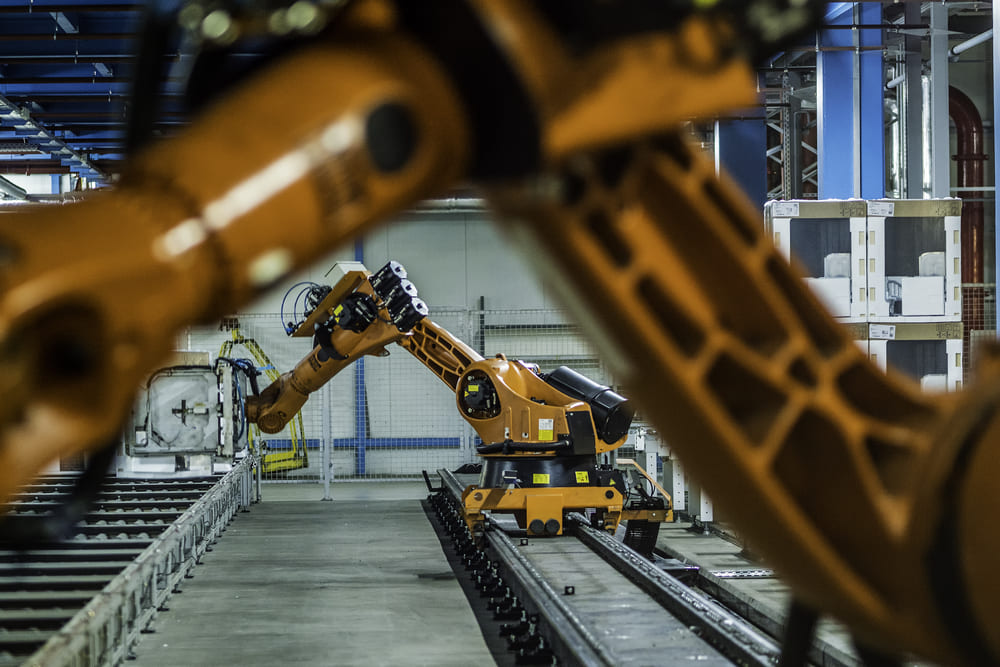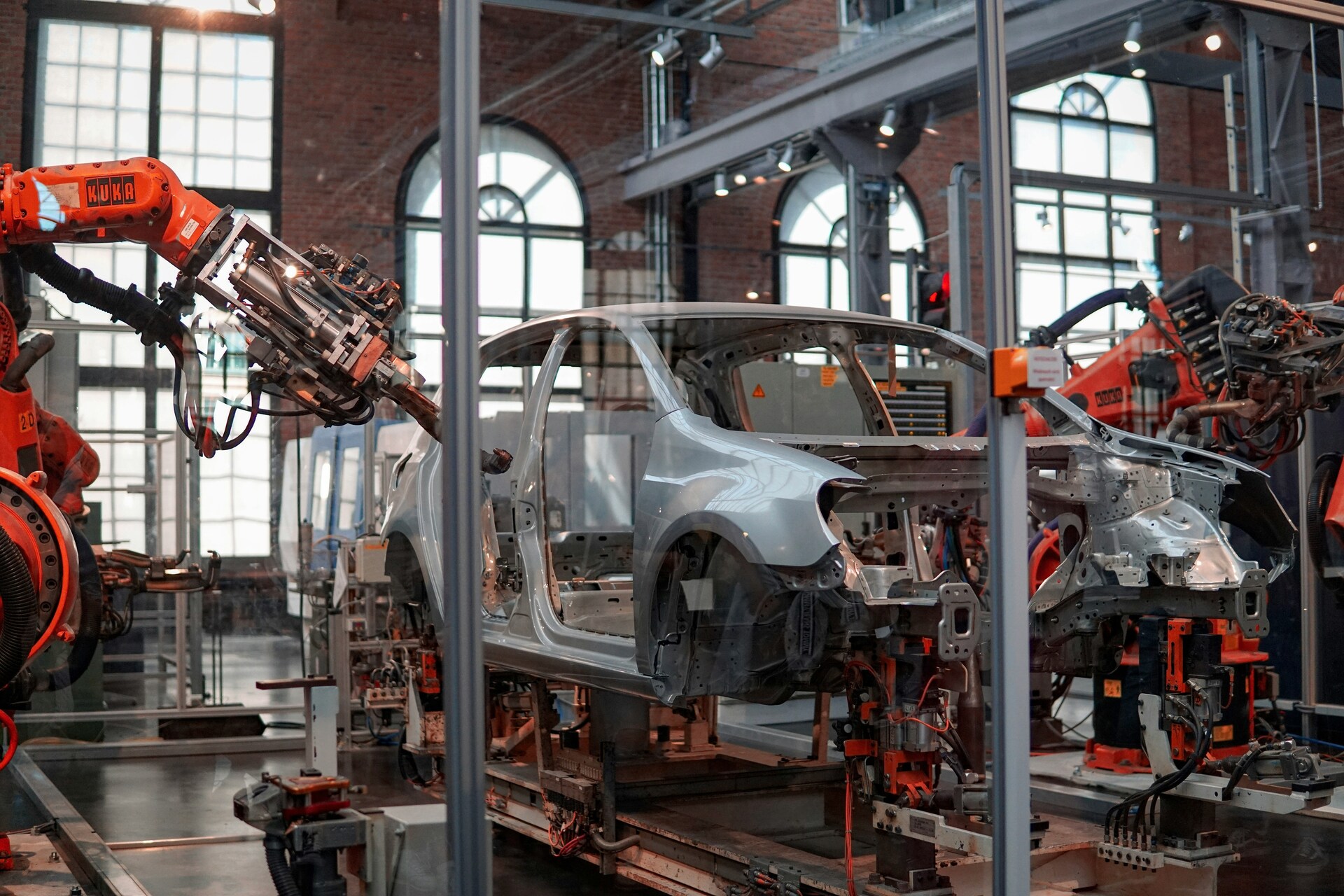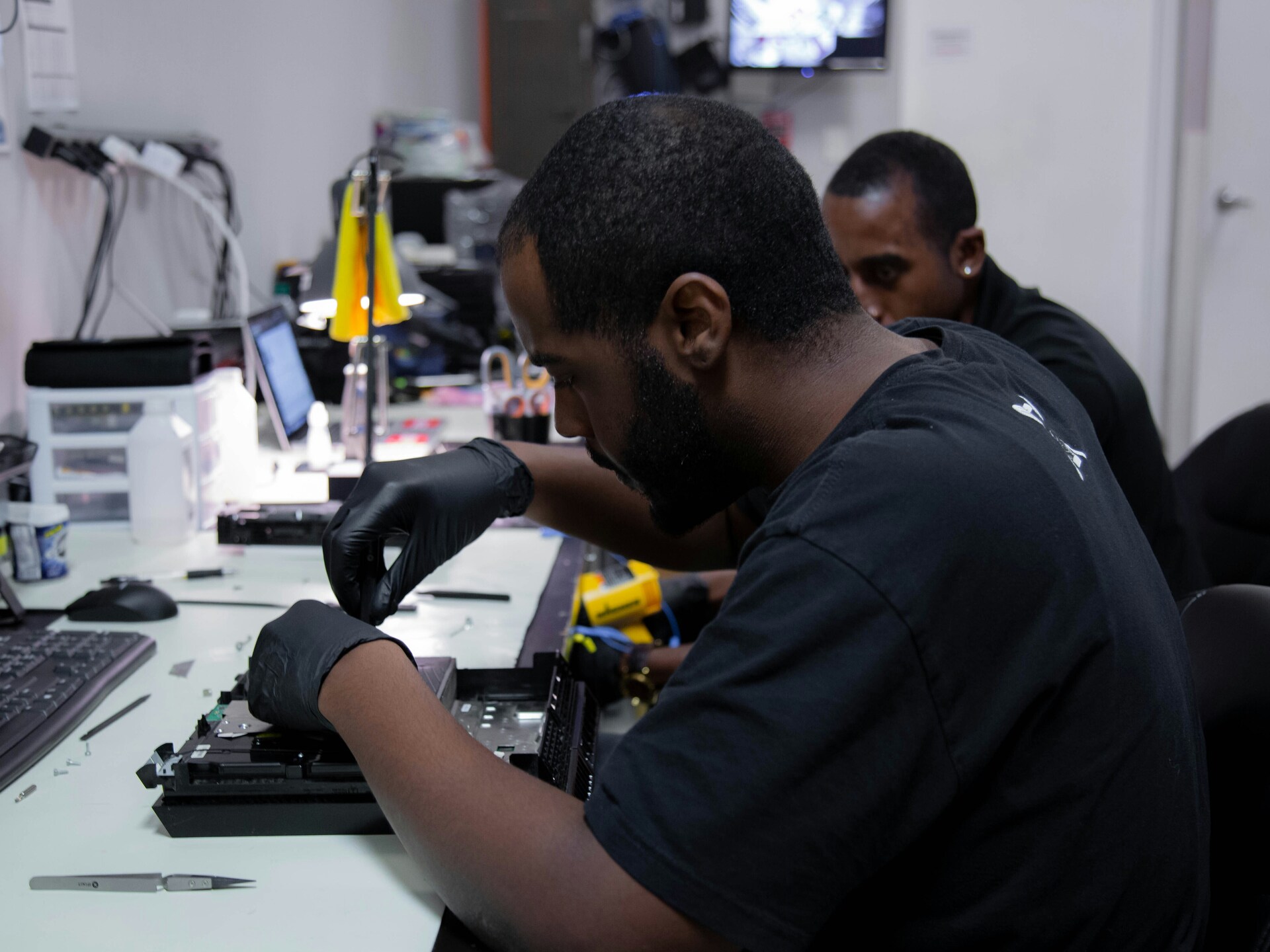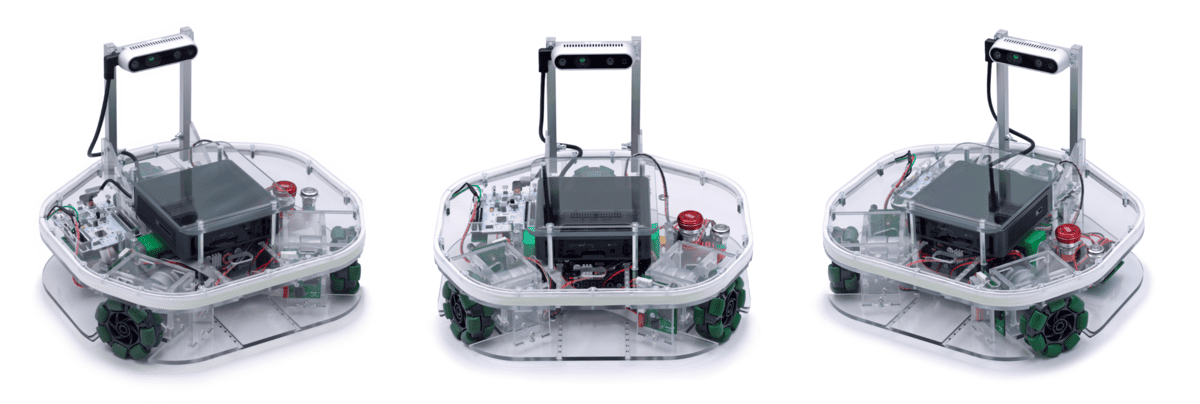Type of course:
Digital learning, Lesson
Language:
EN
Duration:
14 minutes
Workload:
2 hours
Proficiency:
Advanced
Target:
Professionals, Students, Workers
Smart manufacturing integrates human capability, technology, and self-learning systems to maximize efficiency, flexibility, and value creation on the shop floor. It embodies a smart factory environment where interconnected systems and machinery generate data for improving production processes and predictive maintenance. This approach transcends traditional robotics and automation by embracing fully integrated systems for a cohesive physical and digital world interaction. Key technologies include sensors, the Industrial Internet of Things (IIoT), cloud computing, and big data. Smart factories progress through four levels: data availability, contextualization, activation, and autonomous action, each enhancing predictive analytics and decision-making. Connected systems in smart manufacturing foster real-time collaboration, data exchange, and operational efficiency across the manufacturing process, emphasizing IoT, interoperability, and data analytics. Use cases such as real-time production monitoring, energy management, smart inventory management, and augmented reality for maintenance and training showcase the vast benefits of this integration, from operational efficiency to sustainability and enhanced worker training. The objectives of the nugget are: to explain key components of smart
manufacturing and smart factory to explain the relevance of Industry 4.0 in the manufacturing sector.
Learning outcomes
- Learner who has completed the nugget is able to understand and explain the difference between smart manufacturing and smart factory.
- Learner who has completed the nugget is able to describe smart factory structure and levels.
- "Learner who has completed the nugget is able to list common use cases of Industry 4.0 in manufacturing industry."
Course Content
Topics
Transversal Skills, Entrepreneurship










